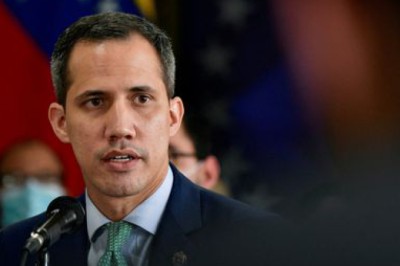
Artem_Egorov/iStock via Getty Images The U.S. has been forced to scale back a plan to impose a cap on Russian oil prices in the face of growing risks in financial markets brought on by crude volatility, Bloomberg reported Wednesday. Instead of imposing a strict lid on prices that would have been observed by a broad group of countries, the U.S. and European Union likely will settle for a looser cap at a higher price than once envisioned, with just countries in the G-7 and a few others committed to abide by it, according to the report. An earlier U.S. plan championed by U.S. Treasury Secretary Janet Yellen called for a price cap of $40-$60/bbl, which was intended to cut into Russia's cash flow, but officials involved in the plans reportedly are considering a cap at the higher end of the range or above, despite concerns the plan would allow Russia to continue gaining sizable revenue from sales. ETFs: (NYSEARCA:USO), (BNO), (NYSEARCA:UCO), (SCO), (USL), (DBO), (USOI), (NRGU) Vladimir Putin has threatened not to sell oil to anyone who participates in a price cap, a threat U.S. officials once dismissed but now is increasingly seen as viable. Doubts about a Russian oil price cap increased after OPEC+ announced its 2M bbl/day production cut; some U.S. officials believe the move undermines any price cap, and President Biden publicly accused Saudi Arabia of siding with the Kremlin.












Comments
0 comment